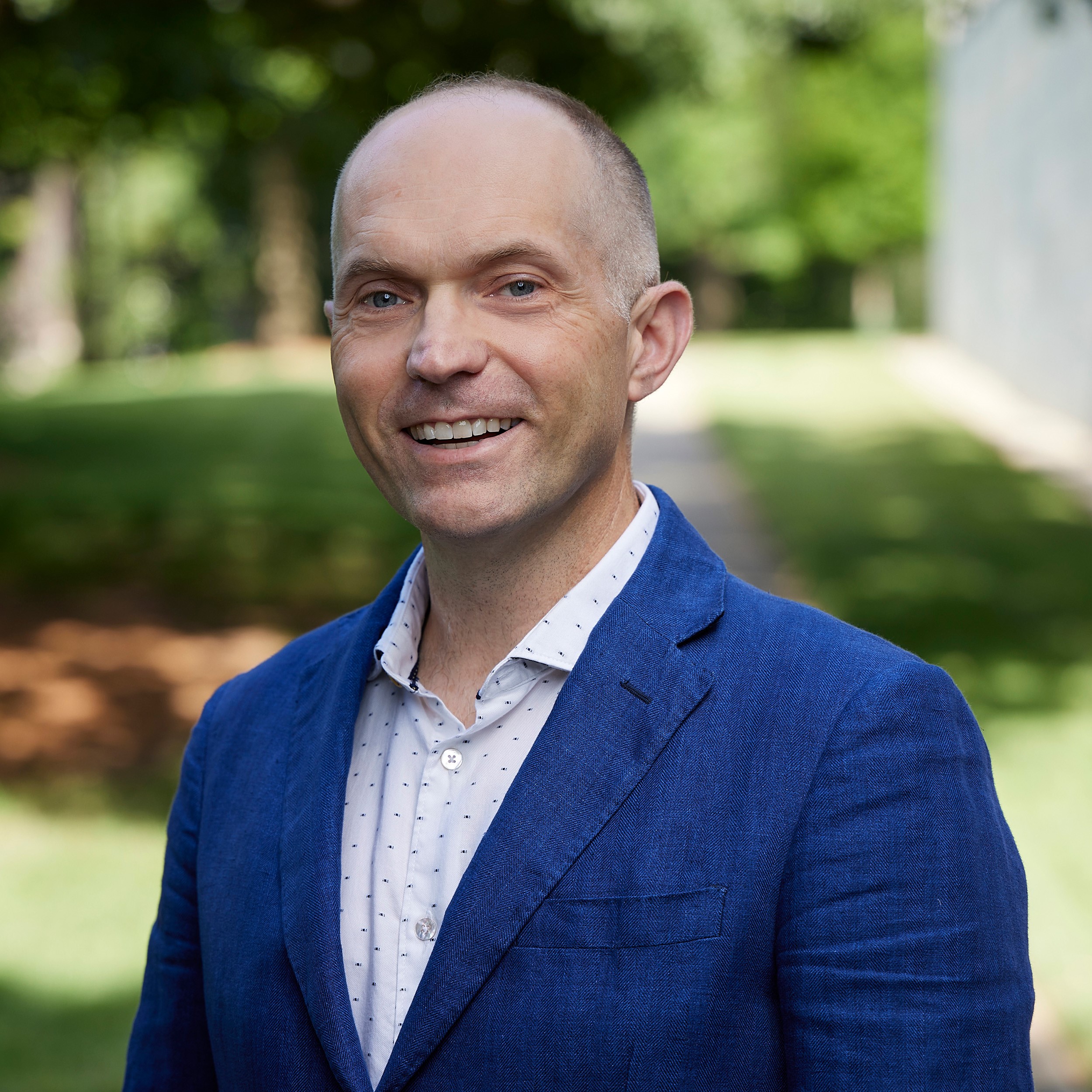
Fairness and Fair Use in Generative AI
PROFESSOR Matthew Sag
12th Annual Peter A. Jaszi Distinguished Lecture on Intellectual Property
September 28 | 5:00pm | In-Person and online | NT01
Registration Requested
VIEW RECORDING HERE
About the Lecture:
Although we are still a long way from the science fiction version of artificial general intelligence that thinks, feels, and refuses to “open the pod bay doors”, recent advances in machine learning and artificial intelligence (“AI”) pose profound challenges to copyright law and the fair use doctrine. The challenges posed by generative AI show why, now more than ever, we need a theory of fair use that reflects fundamental copyright principles and eschews considerations of broader social welfare that federal judges are poorly qualified to assess. I argue that expressive substitution is the key to understanding and applying fair use and that this leads to a wide affordance for non-expressive uses of copyrighted works. In previous work I have suggested that, in the context of non-expressive use by copy-reliant technology, the absence of direct expressive substitution is all that is required for fair use. Recent developments in generative AI suggest that non-expressive use may not be the be all and end all of fair use, however. In this Article I argue that in addition to considering direct expressive substitution, courts assessing whether training machine learning programs on copyright works is fair use may also consider whether the challenged use undermines the economic incentives that copyright is designed to create.
Professor Matthew Sag
Matthew Sag is Professor of Law, Artificial Intelligence, Machine Learning and Data Science at Emory University Law School. He is an expert in copyright law and intellectual property. He is a leading U.S. authority on the fair use doctrine in copyright law and its implications for researchers in the fields of text data mining, machine learning and AI.
He was born and educated in Australia and earned honors in Law at the Australian National University in Canberra and clerked for Justice Paul Finn at the Australian Federal Court. Sag practiced law London and in Silicon Valley. Prior to Emory, he taught at DePaul University and Loyola Chicago.
Sag is currently working on several theoretical contributions to copyright law in relation to AI and machine learning and a series of empirical papers using text-mining and machine learning tools to study judicial behavior. His work has been published in leading journals such as Nature, and the law reviews of the University of California Berkeley, Georgetown, Northwestern, Notre Dame, Vanderbilt, Iowa and William & Mary, among others. His research has been widely cited in academic works, court submissions, judicial opinions and government reports.
About the Series:
PIJIP’s Distinguished Lecture on Intellectual Property Law is named in recognition of the continuing contributions of Professor Peter A. Jaszi to the study of intellectual property at WCL, in the world at large, and in particular for his lasting contributions to the elevation of the public interest in intellectual property discourse.
Related events
This year’s Jaszi lecture is being held amidst a two-day set of meetings on copyright and artificial intelligence.
September 28
10am-4pm Invite-only meetings of the Right to Research project
Professor Sean Flynn, Chair
(10am The Broadcast Treaty; 12pm Lunch; 1-4pm Works-in-Progress)
5pm Jaszi Lecture featuring Professor Matthew Sag
September 29
9:30am-4:30pm
Mapping Copyright’s Application to Generative Artificial Intelligence
Public Conference, Meredith Jacob, Chair
American University Washington College of Law
4300 Nebraska Ave NW, Room Y400 (Yuma Building)
RSVP Required
Full Agenda
Modern copyright law arose when existing modes of regulation for information technology proved inadequate to meet that challenge of a transformative information technology. Over the last 200 years, by contrast, the copyright system has met other such challenges – from the rise of electronic mass media to the digital turn in expression, more or less successfully – often by adapting or even fictionalizing existing doctrine. Now we are asked to consider what adjustments may be required to accommodate Generative Artificial Intelligence, the next new technology to challenge the doctrinal paradigm of copyright.
Confirmed and invited speakers:
Professor Michael Carroll
Professor Peter Jaszi
Professor Bernt Hugenholtz
Brandon Butler
Professor Carys Craig
Seth Greenstein
Professor Christophe Geiger
Sy Damle
Professor Kristelia Garcia
Professor Mike Madison
Fred von Lohmann (invited)
The Peter A. Jaszi Distinguished Lecture on Intellectual Property is supported by tax-deductible contributions to the Program on Information Justice and Intellectual Property.
To support the Program on Information Justice and Intellectual Property, click here.